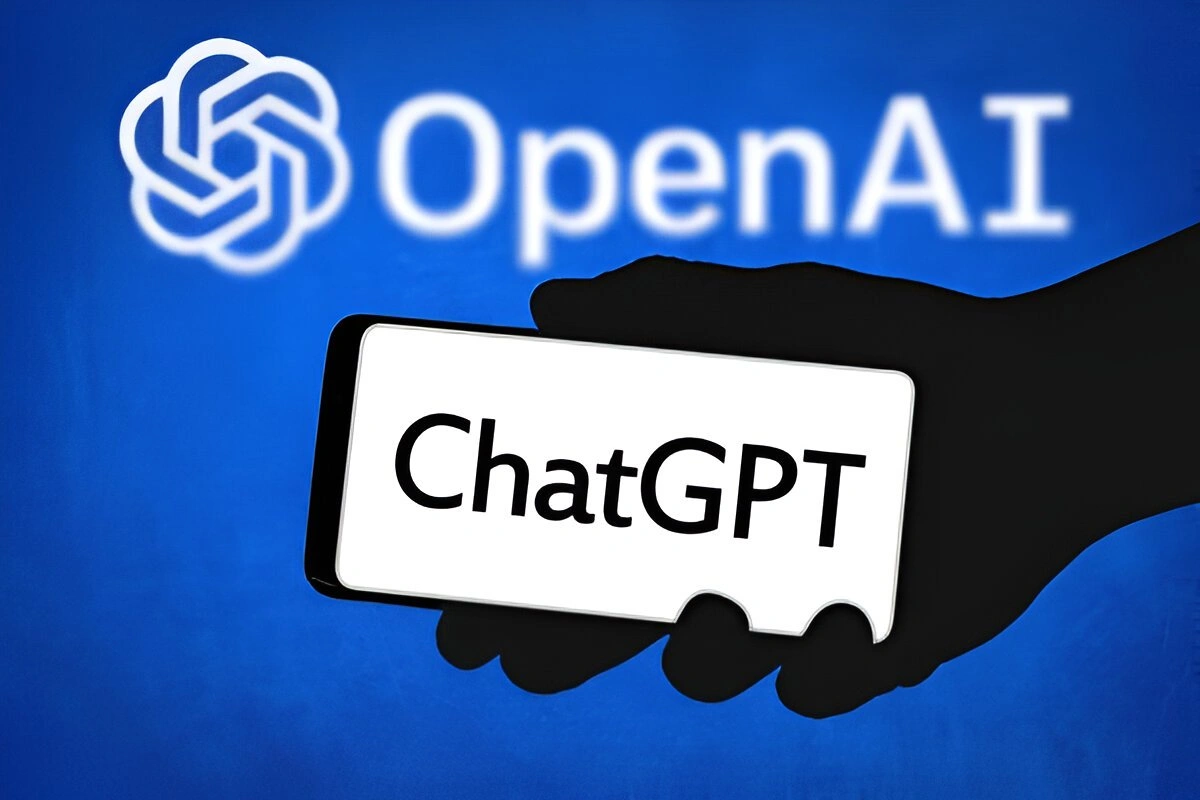Nandan Nilekani: Why India Can’t Afford Its Own ChatGPT
Introduction
Artificial intelligence (AI) is transforming industries worldwide, and tools like ChatGPT have revolutionized the way we interact with technology. However, according to Nandan Nilekani, co-founder of Infosys, India faces significant challenges in developing its own ChatGPT-style AI model. While the country has made remarkable progress in the digital sector, creating and sustaining an AI model at this scale requires massive resources, infrastructure, and strategic investments.
As AI continues to reshape the global economy, Infosys and other Indian tech giants are working on AI-driven solutions. However, Nandan Nilekani believes that India’s approach to AI should focus on practical applications rather than competing with global AI giants.
The Challenges of Building an Indian ChatGPT
High Cost of AI Development
Creating an advanced AI model like ChatGPT requires billions of dollars in investment. Companies like OpenAI have received funding from tech giants such as Microsoft, enabling them to access high-end computing power and vast datasets.
Nandan Nilekani explains that India’s AI ecosystem, while growing, lacks the deep financial backing needed to develop a ChatGPT-level model. The country’s focus should be on affordable and scalable AI solutions that cater to its unique needs.
Infrastructure and Computing Power
AI models like ChatGPT rely on high-performance GPUs and data centers for training and deployment. India currently lacks large-scale AI infrastructure compared to global tech leaders. Infosys and other IT firms are investing in AI, but building an indigenous AI system on the scale of ChatGPT would require significant upgrades in supercomputing and cloud capabilities.
Data Privacy and Language Barriers
India is a diverse country with multiple languages and dialects. Training a ChatGPT-like AI to understand and process Indian languages at the same level as English would require enormous amounts of high-quality, structured data. Additionally, AI development raises concerns about data privacy and security, making it essential to establish regulatory frameworks before deploying AI at scale.
India’s Strengths in AI: A Different Approach
While India may not build its own ChatGPT immediately, Nandan Nilekani believes that the country can still be a global leader in AI adoption and innovation.
AI for Public Services
India has successfully built digital infrastructure like Aadhaar, UPI, and CoWIN, which serve millions of people. By integrating artificial intelligence into these platforms, India can enhance public services, financial inclusion, and healthcare accessibility.
AI for Businesses and Startups
Companies like Infosys are focusing on AI-driven business solutions rather than competing in the chatbot space. Indian startups are also leveraging AI to solve local challenges in agriculture, healthcare, and education, proving that AI doesn’t have to be large-scale to be impactful.
Affordable AI Solutions
Instead of building a ChatGPT competitor, India can focus on affordable AI tools tailored for small businesses, regional content, and government services. This approach would ensure wider AI adoption without requiring billion-dollar investments.
Infosys and India’s Role in the Global AI Ecosystem
As one of India’s largest IT firms, Infosys is investing heavily in AI research, automation, and machine learning. Under the leadership of experts like Nandan Nilekani, the company is working on AI-powered solutions for enterprise clients while contributing to India’s AI-driven growth.
Infosys’ AI initiatives include:
- AI-driven automation for businesses to enhance productivity.
- Machine learning models for fraud detection and cybersecurity.
- AI-based chatbots tailored for Indian languages and customer service.
Rather than building a standalone artificial intelligence chatbot like ChatGPT, Infosys is focusing on AI integration across multiple sectors to drive economic and technological progress.
Conclusion
According to Nandan Nilekani, India does not need its own ChatGPT to succeed in artificial intelligence. Instead, the country should focus on AI applications that address real-world challenges in public services, business automation, and digital infrastructure. Companies like Infosys are already leveraging AI in practical ways, ensuring that India remains at the forefront of AI-driven innovation.
While developing a ChatGPT-level AI model would be an expensive and resource-intensive task, India’s AI future lies in affordable, scalable, and impactful AI solutions tailored to its unique needs.
FAQs
1. Why does Nandan Nilekani think India can’t afford its own ChatGPT?
According to Nandan Nilekani, developing a ChatGPT-style AI model requires huge financial investments, computing power, and data resources, which India currently lacks.
2. How is Infosys contributing to AI development in India?
Infosys is investing in AI-powered business solutions, automation, and enterprise AI models instead of competing with global chatbot giants.
3. What is India’s best AI strategy, according to Nandan Nilekani?
Instead of creating a ChatGPT competitor, India should focus on AI for public services, businesses, and affordable AI solutions to drive economic and technological growth.


